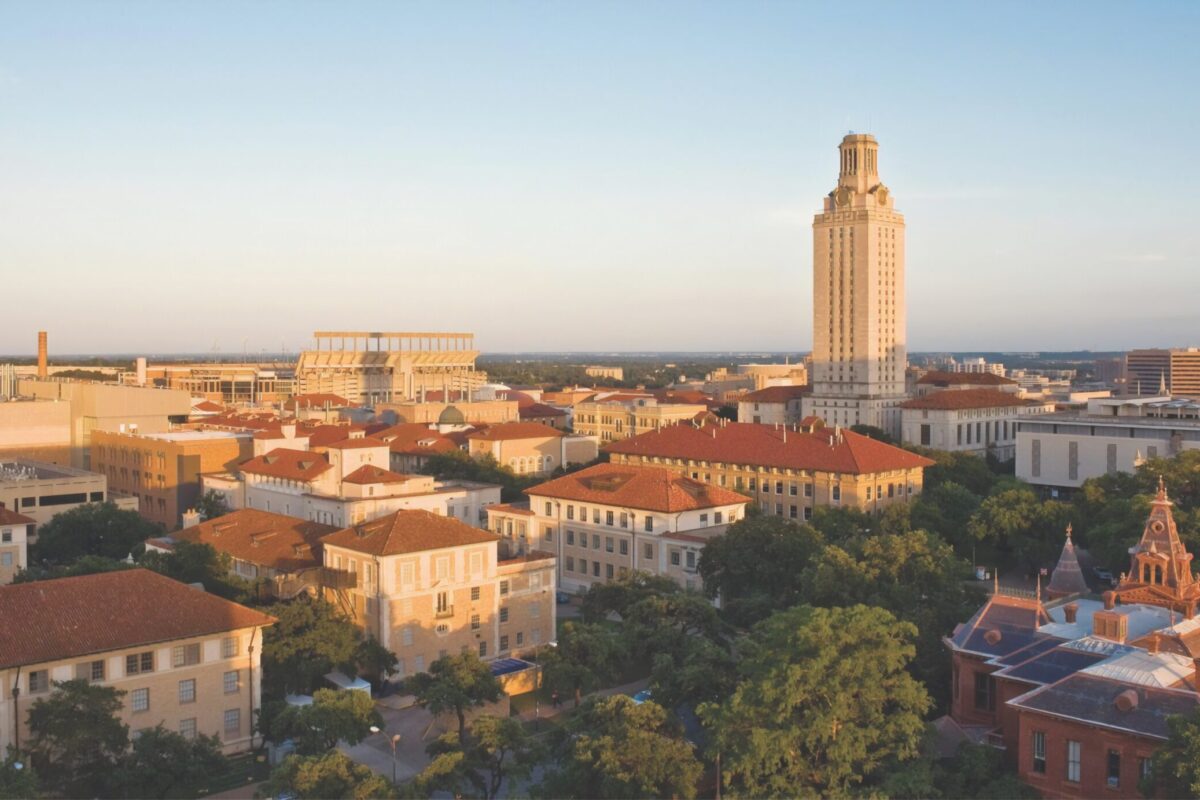Deep in the Heart of Science: Texas Science Festival Inspires Texans to Delve into Discovery
This spring, science and research take center stage at the Texas Science Festival. Happening Feb. 21 through March 4, the event is open to all and offers something for everyone—with options to join in or out of Texas. Participants of all ages will engage with, understand and be invigorated by scientific discovery at this year's event, themed around "Impact and Ideas to Transform Lives."
































